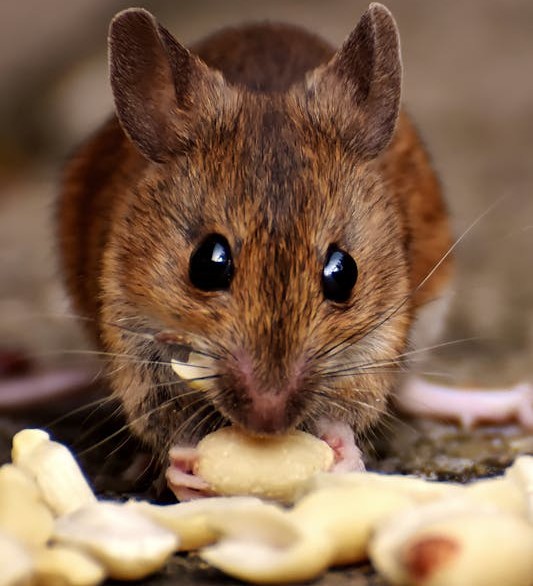Uncategorized
Do Marsh Rats Eat Mushrooms? A Comprehensive Look
Marsh rats, also known as water rats or marsh rice rats (scientific name Oryzomys palustris), are fascinating creatures commonly found in wetland habitats. These rodents are known for their adaptability and diverse diet. But a question that often arises is: Do marsh rats eat mushrooms? Let’s explore this topic in detail, considering their diet, habitat, and behavior.
Understanding the Diet of Marsh Rats
Marsh rats are omnivores, meaning they consume both plant-based and animal-based foods. Their diet typically consists of:
- Plant Matter: Grasses, seeds, fruits, and aquatic vegetation.
- Animal Prey: Small invertebrates, insects, and even carrion.
- Fungi: While not their primary food source, fungi, including mushrooms, can form part of their diet when available.
Do Marsh Rats Actually Eat Mushrooms?
Yes, marsh rats are known to eat mushrooms, though it is not a staple of their diet. In the wild, mushrooms grow abundantly in damp environments like marshes and wetlands—the natural habitat of marsh rats. The following points explain why mushrooms may appeal to them:
- Availability: Marsh rats forage for food based on what’s readily accessible. In mushroom-rich environments, these fungi become an opportunistic food source.
- Nutritional Value: Mushrooms are rich in nutrients, including proteins, vitamins, and minerals, making them a suitable occasional addition to their diet.
- Behavioral Adaptability: Marsh rats are opportunistic feeders, which means they can adjust their eating habits based on their environment and food availability.
Expert Insights on Fungi Consumption by Wildlife
Wildlife ecologists often note that many small mammals, including rodents like marsh rats, consume fungi in their natural habitats. Mushrooms play an essential role in forest ecosystems by aiding in nutrient cycling and providing food for various animals. However, not all mushrooms are safe for consumption.
Potential Risks for Marsh Rats
- Toxic Varieties: Just like humans, marsh rats can be at risk if they consume poisonous mushrooms. However, animals often have instincts that help them avoid toxic varieties.
- Limited Energy Yield: Compared to seeds or insects, mushrooms may offer less energy, making them a less frequent choice unless other food sources are scarce.
Transparency: How Do We Know?
Research into rodent diets has shown a pattern of diverse consumption, including fungi. Field observations and studies in controlled environments have documented mushroom consumption by various rodent species, including marsh rats. This evidence supports the claim that mushrooms can be a minor but viable part of their diet.
Comprehending the Bigger Picture
While marsh rats are not strictly mycophagous (mushroom-eating animals), they showcase the opportunistic feeding behavior typical of rodents. Their diet highlights their ability to thrive in environments where food resources vary.
If you are studying marsh rats, observing them in their natural habitat will provide further clarity on their dietary preferences. For those managing wetlands or ecosystems, understanding the role of marsh rats and their interactions with fungi can be essential for ecological balance.
Why Does This Matter to Readers?
For wildlife enthusiasts, ecologists, or anyone curious about marsh rats, knowing about their diet helps paint a clearer picture of their ecological role. Whether you’re researching wetland conservation or simply curious about the natural world, understanding the dietary habits of these rodents enriches our knowledge of biodiversity.
In conclusion
while marsh rats do eat mushrooms, it’s more of an opportunistic choice rather than a dietary staple. Their adaptability and ability to consume a variety of foods make them an intriguing subject of study within wetland ecosystems.


